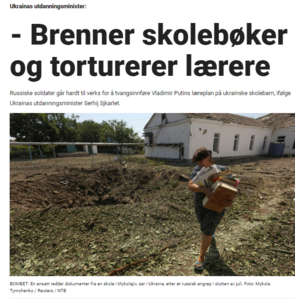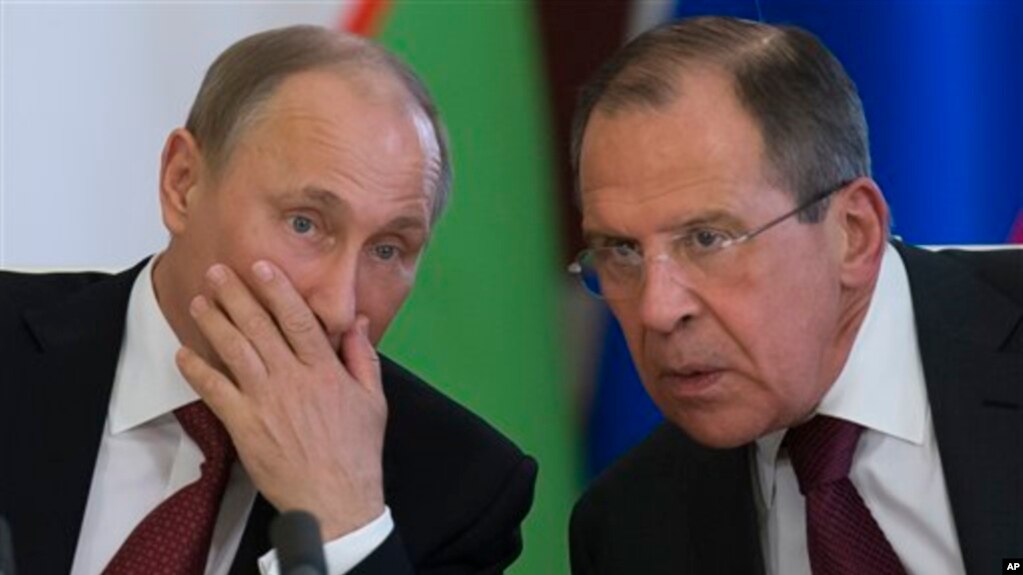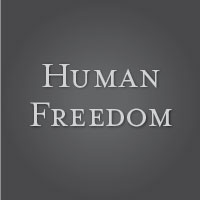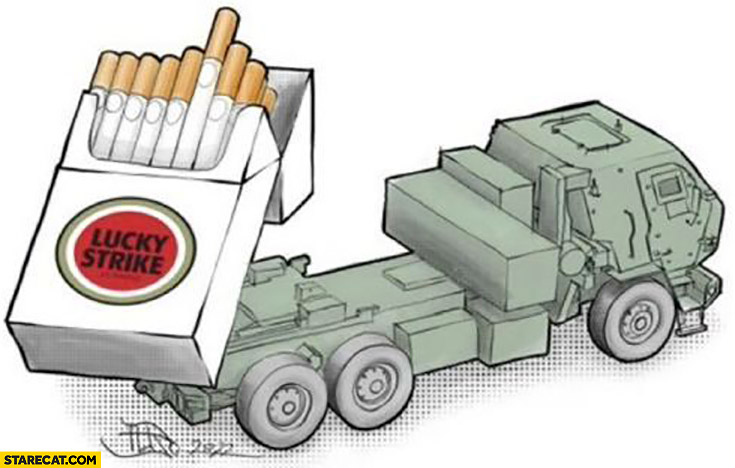Jeg har brukt litt tid på å lese meg gjennom linkene her, etter at dette ble publisert for noen dager siden.
Russerne med ryggen mot veggen og stor indre dissens. Spesielt interessant hvordan berettigelsene for "spesialoperasjonen" er endret i løpet av de 177 dagene den har vart.
Military experts loyal to the Kremlin are increasingly recognizing that Russia does not have the resources to implement President Vladimir Putin’s ambitious geopolitical plans. However, Moscow leadership is seemingly no longer capable of listening to rational arguments. In one instance, toward...

jamestown.org
As the war progressed, justifying it as a “battle for sovereignty” against neocolonialism seemed to gain favor among the Russian elites and with Putin himself. For example, at the end of April 2022, Russian Foreign Minister Sergey Lavrov said, “Russia’s military operation in Ukraine contributes to the liberation of the world from the neocolonial oppression of the West” (
Kommersant.ru, April 30). In June, Putin spoke about the need to “ensure state sovereignty.” He stated that “a country can be either a sovereign or a colony,” and without sovereignty, “it has no chance of surviving in a tough geopolitical war” (
Izvestia, June 9).
In late July 2022, at a forum meeting of the Agency for Strategic Initiatives, Putin reiterated that “the neocolonial model of the dominance of global elites is over” and “only truly sovereign states can ensure high growth dynamics” (
Interfax, July 20). It is significant that propaganda sites, while developing the Russian leader’s theses, came up with the justification that the war in Ukraine has turned out to be vital for Russia’s “sovereignty,” since it gave rise to a global conflict with the West. This conflict, they allege, creates opportunities for abandoning offshores, “giving Russia a chance to get out of the fetters of economic enslavement more quickly” (
ЕADaily.com, August 1).
Also in July 2022, the pro-Kremlin REGNUM news agency ran a feature article bluntly stating that “sovereignty is war.” According to the author, the sovereignty of any state means the ability “for a permanent mental war through the creation of its own patterns of mobilization and a pretext for expansion.” This war, in turn, is propaganda, in which “the enemy is always morally inferior, while we are always morally great, unique, and therefore have ‘the right’ to act as we will.” Meanwhile, the “enemy” does not have the right to any actions due to the “lack of morality.” Further, the author substantiates that “spiritual sovereignty is achieved … only by methods of total mental warfare that affect the sphere of emotions of one’s own and other people’s population” and states that the main “patron of the sovereignty strategy” is Putin himself (
REGNUM, July 26).
This text could be considered a private opinion of one person, but most of its postulates are regularly heard from Russian officials and top propagandists. Given the actions and words of Putin himself, one can reasonably assume that such theories are only created to provide an ideological justification for the real frame of mind prevailing among Russian elites. Against this background, the Kremlin premier’s unfounded claim to “global leadership,” while disregarding the country’s real capabilities, becomes understandable (
Izvestia, June 9). It seems that war and confrontation are beginning to form a renewed keystone for the Putin regime.











